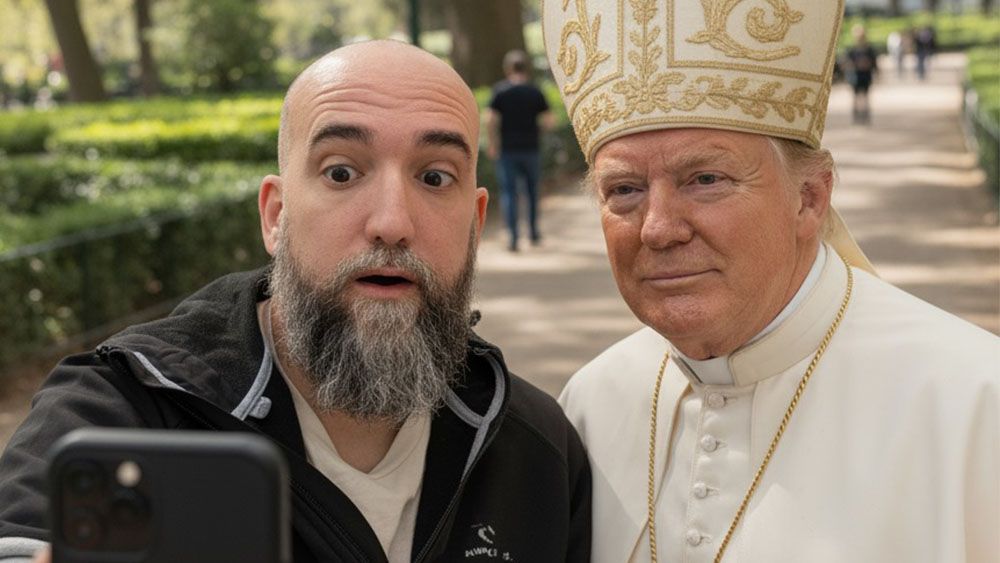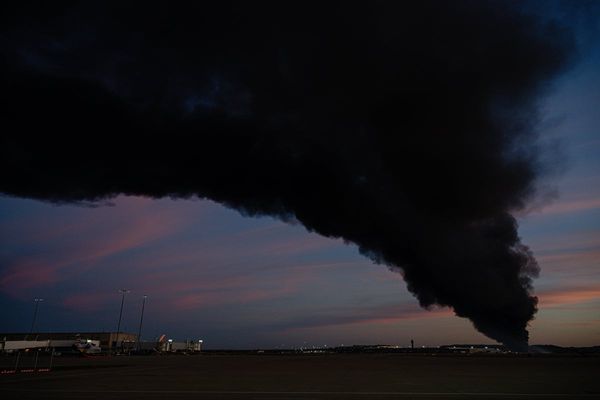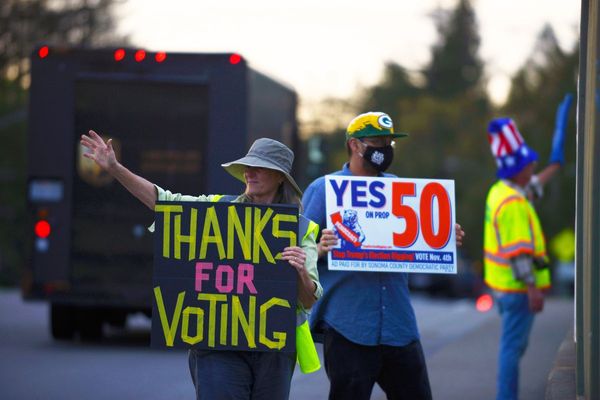
It seems not a week goes by without the launch of another new AI image generator, but the mysterious Nano Banana is the first in a while to really stun people and generate global headlines. It's quickly gone viral despite no official launch or even confirmation of who's behind it, and it looks like it comes close to crossing one of the final hurdles for AI imagery.
The ability of AI to generate photorealism ceased to surprise me way back when we saw the late pope in a puffer jacket. Since then, improvements have focused more on prompt adherence and on making the tech useful and controllable.
But one thing that's remained a challenge is editing existing images and compositing real photos and AI-generated material into a new image. AI models tend to change people's faces and the output is difficult to control, but the strangely named Nano Banana seems to do better than any model so far. Could it really replace the best photo editing software?
Nano banana is genuinely blowing my mind. “Add a third bag of dog food in the cart the same as the other two”It’s disturbingly good. Photoshop might be cooked this decade forever. pic.twitter.com/vC8x0lSOmkAugust 19, 2025
What is Nano Banana?
Nano Banana quietly turned up on LMArena, a benchmarking site that lets users pit two different AI models against each other. It doesn't appear in the list of models to choose from, but it does sometimes appear when users opt to put two anonymous models head-to-head, and people have been blown away by what it does.
🍌 Google's new image model, nano-banana, is the best I've seen.It's the first one with good object persistence, notice how the beach wasn't altered at all and how well it followed the prompt. pic.twitter.com/x0h29HHDVGAugust 20, 2025
More Tests with Nano Banana 🍌🔥Prompt: "create a 4-panel montage showing sporting moments. use the style of the reference image"More examples (and prompts) in the thread ... 👇 pic.twitter.com/hxvvapAwD8August 20, 2025
Now I’m testing Nano Banana with product replacement. even with product photos that have complex patterns nano banana can still match them perfectly. On average it only takes me 2–3 tries to get a solid result. Well playedbase image : @letz_ai pic.twitter.com/UpEdhMOQkFAugust 20, 2025
Now I’m testing Nano Banana with product replacement. even with product photos that have complex patterns nano banana can still match them perfectly. On average it only takes me 2–3 tries to get a solid result. Well playedbase image : @letz_ai pic.twitter.com/UpEdhMOQkFAugust 20, 2025
This nano banana model is absolutely insane..."Take those two photos and make it look like they talking a selfie in a park" pic.twitter.com/6FrQJeEMQaAugust 17, 2025
Who made Nano Banana? A lot of people are pointing the finger at Google. The tech giant hasn't confirmed it, but Logan Kilpatrick, Google's head of product for AI Studio, posted a banana emoji on X, if that means anything. And Naina Raisinghani, a Google DeepMind product manager, posted a picture of a banana taped to a wall in the style of Italian artist Maurizio Cattelan's infamous 2019 artwork.
Is it the end of Photoshop? No, I don't think so. Most people don't use Photoshop to fabricate selfies with celebrities. It's used for a vast range of precise creative work: by digital artists who hand-draw using the software's powerful brush tools to people like me who might spend half an hour trying to decide whether to add an imperceptible fraction more magenta into the midtones of a photo (also see our pick of the best digital art software).
AI image generators still can't offer that level of precision. But with models like Nano Banana, AI may start to replace Photoshop in the mind of the general public, and to take on some of the functions that most people think Photoshop is for, i.e., compositing and doctoring images. I can't see Nano Banana entering popular parlance as a verb, though.
What do you think? Let me know what you think in the comments section.







